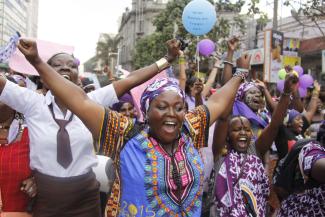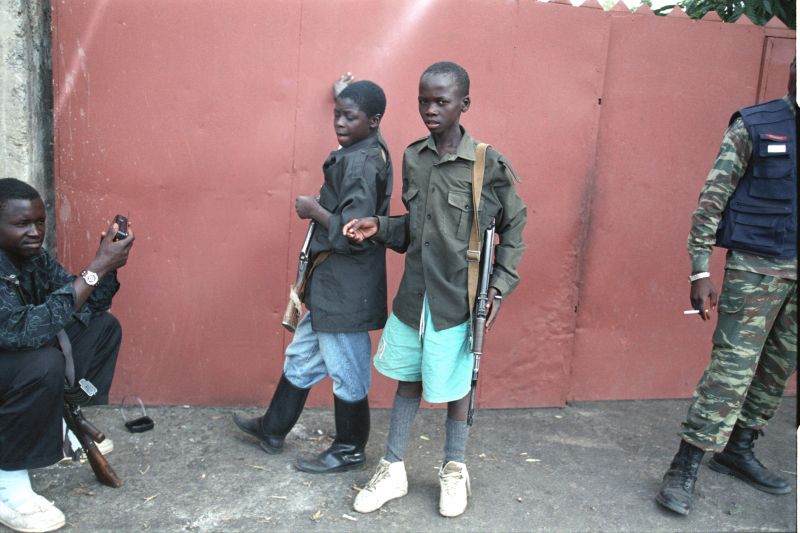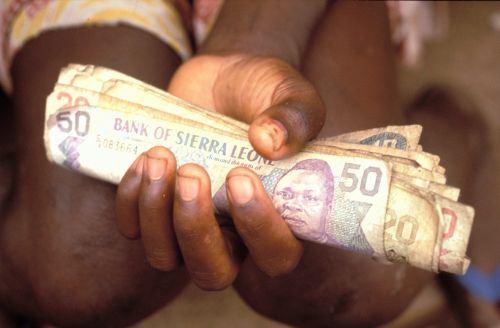Our view
Changing roles

What exactly is expected of men and women is continuously negotiated in social interaction. There are many relevant factors, from grammatical gender categorisation to TV sports reporting. Male and female roles are strongly influenced by tradition and faith. Historically, all world religions represent the dominance of men over women who are required to be submissive. Men, as a rule, are physically superior to women, which is still seen by many men as a licence to use violence to make women and children obey them. Far too many women worldwide – even in enlightened democracies – are exposed to domestic violence, discriminated against in education and at work, raped and harassed.
In enlightened democratic societies today, it is taken for granted that men and women enjoy equal rights and that the inviolability of human dignity applies to all genders – including intersex people, who do not clearly identify with a particular gender. Even women in many authoritarian countries no longer wish to accept their assigned roles. They demand the right to make their own life decisions and to participate in society on an equal basis. The fact that women now have more freedom in ultra-restrictive countries like Saudi Arabia is encouraging. Societal change is possible. The more women’s rights and new role models gain acceptance, the more society will develop in that direction and the more young generations will become socialised accordingly.
Bringing about societal change is also a task for development policy. It is enshrined in the UN 2030 Agenda with the Sustainable Development Goals (SDGs): SDG 5 demands gender equality. Programmes across all sectors need to be designed to promote it. Crucially important for gender equality is the empowerment of women and girls, so they can cast off unwanted roles themselves. But it is equally important to sensitise men and boys. They need to realise what equality means and that everyone benefits when people are treated with fairness and respect whatever their gender. However, it is difficult to establish new roles, as can be seen from western democracies’ decades-long struggle for gender equality. A great deal has been achieved. Women have the right to vote just about anywhere where elections are held. And there are few places nowadays where it is unusual to find women in leadership positions in politics, science and the media.
But much is still amiss. For example, women continue to earn less on average than men. They are less likely to be in technical or mathematical jobs but they still do the lion’s share of domestic work and are largely responsible for bringing up children. The list goes on.
Hopefully, gender equality will one day be a reality everywhere. But a lot more effort will be needed, and it may take quite a while.
Sabine Balk is member of the editorial team of D+C Development and Cooperation / E+Z Entwicklung und Zusammenarbeit.
euz.editor@dandc.eu










